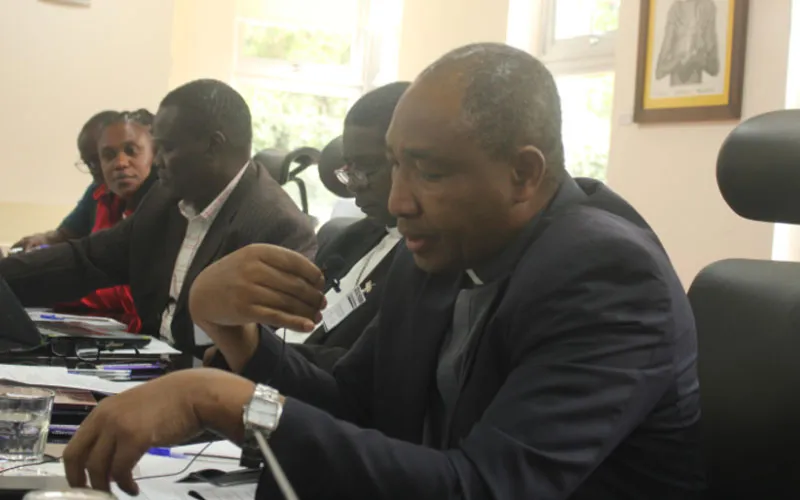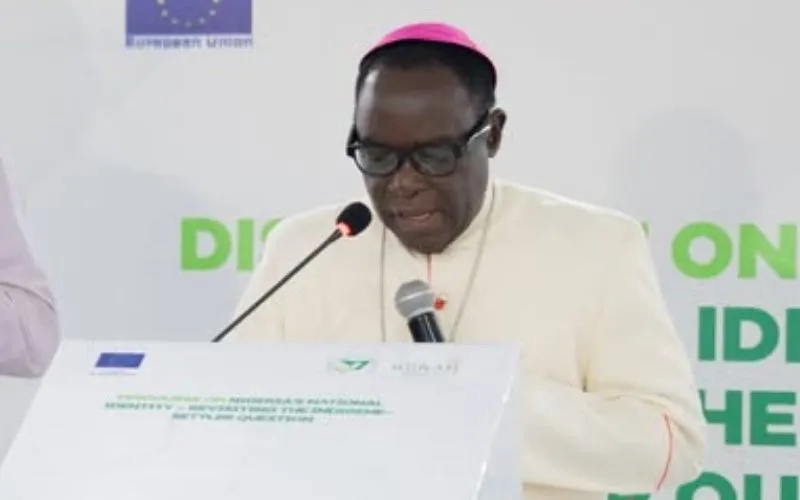Nairobi, 19 March, 2023 / 9:54 pm (ACI Africa).
Synodality, an invitation for the people of God to journey together irrespective of their differences, which the International Theological Commission defined as “the action of the Spirit in the communion of the Body of Christ and in the missionary journey of the People of God” can facilitate the healing of Africa’s deep wounds, member of the resource team that is working to deepen synodal engagements have said.
In their two-day workshop that was held in Nairobi, the Synodality Resource Team (SRT) of Catholic Theologians, members of the Clergy, women and men Religious, and Laity acknowledged that Africa has been deeply exploited in the past, and the exploitation continues to impoverish the continent.
Other causes of the wounds, they said, have resulted from religious-based wars that are motivated by extremism, tribalism, and opposing ideologies.
Speaking to ACI Africa on the sidelines of the SRT workshop that concluded Thursday, March 16, the Secretary General of the Association of Member Episcopal Conferences in Eastern Africa (AMECEA) recalled the August 1985 gesture of Pope John Paul II when he sought forgiveness on behalf of the Church for the immense suffering that Africans had been made to endure, especially the involvement of white Christians during the slave trade.
Fr. Anthony Makunde said, “During the jubilee year, Pope John Paul II made an effort on behalf of the Church to ask for forgiveness from the sons and daughters of the Church in Africa who had been wounded in various ways. He mentioned the wounds of slavery that had been caused by the Church.”








